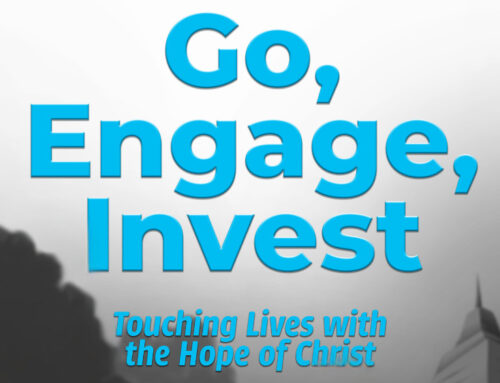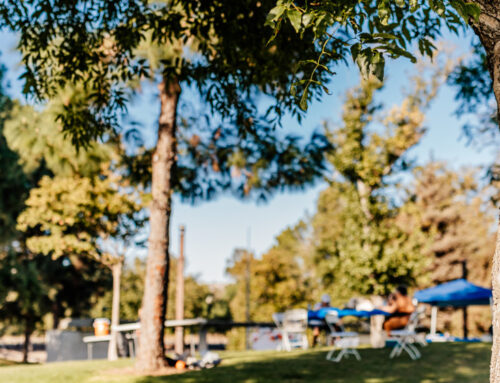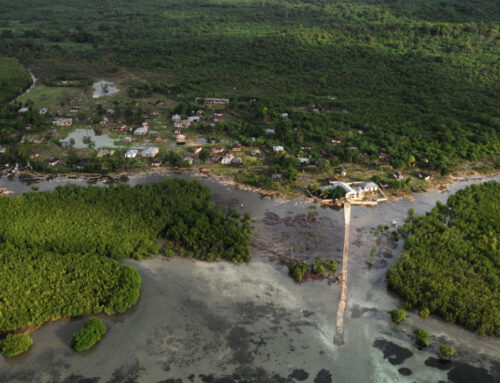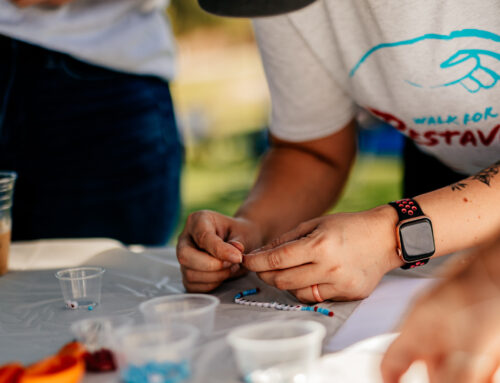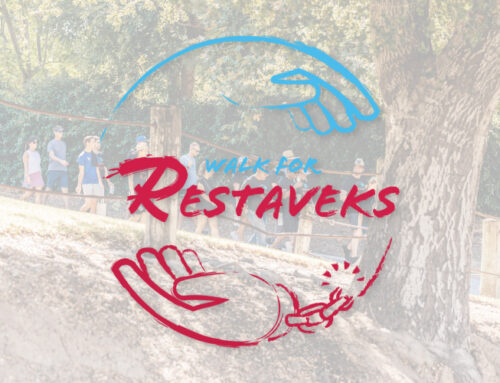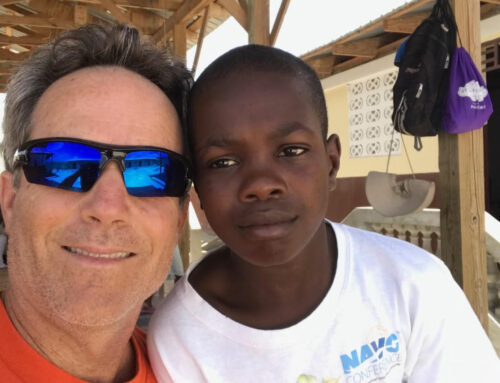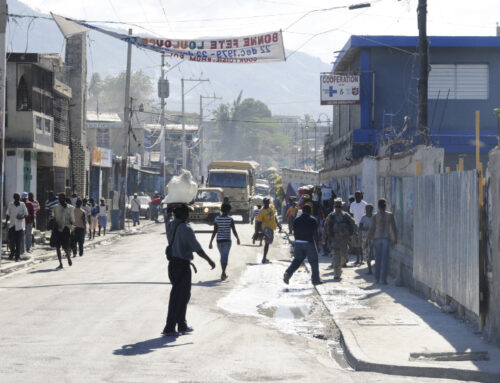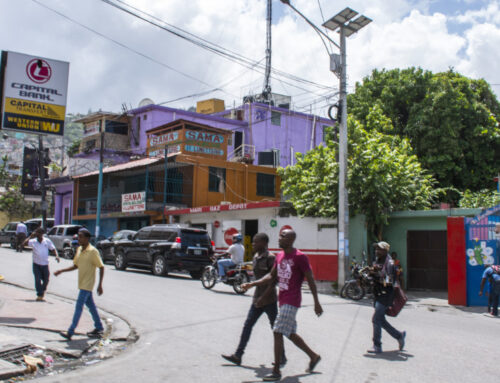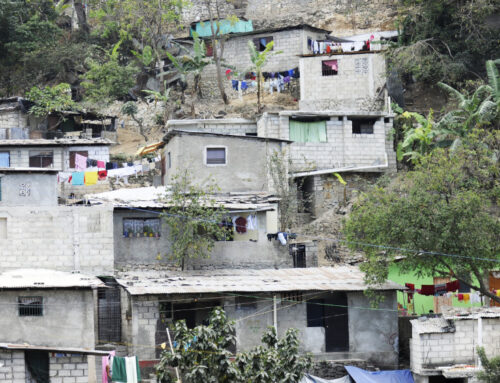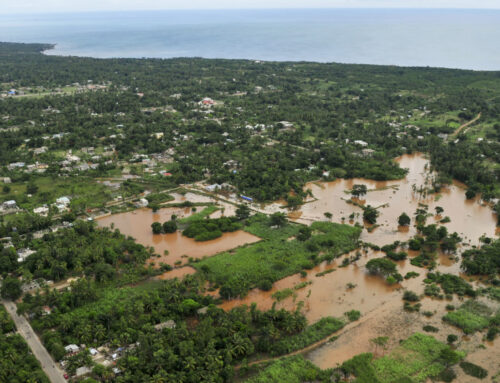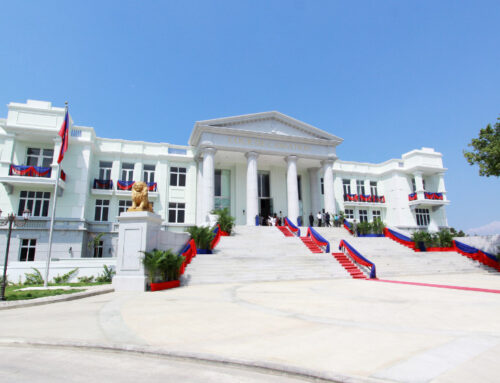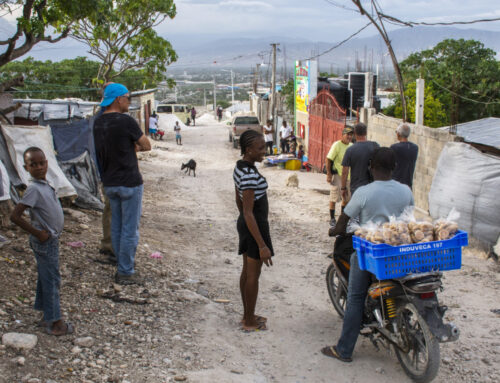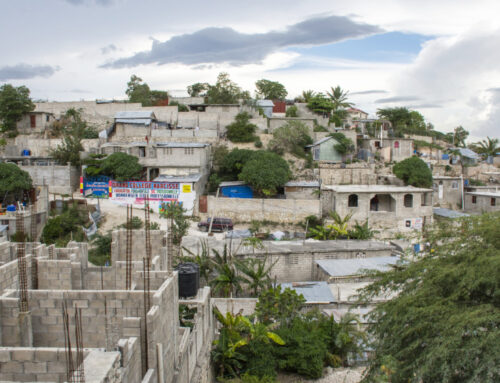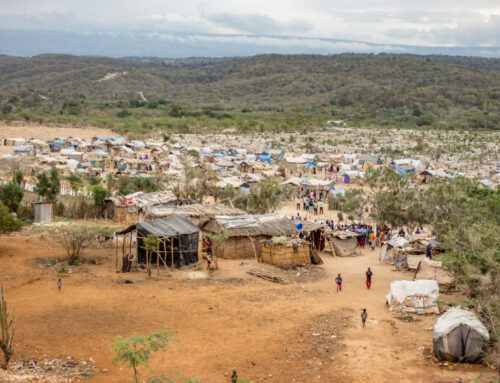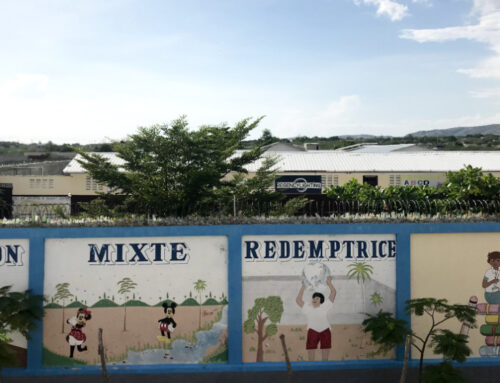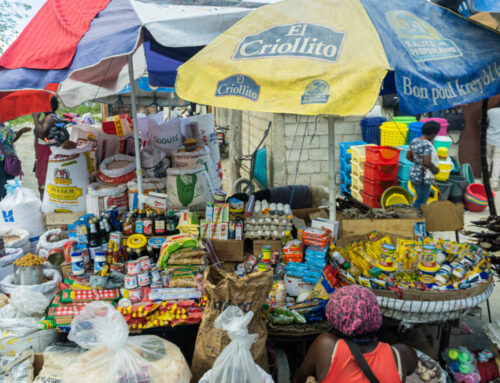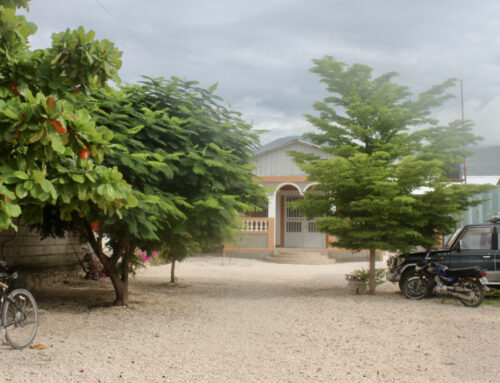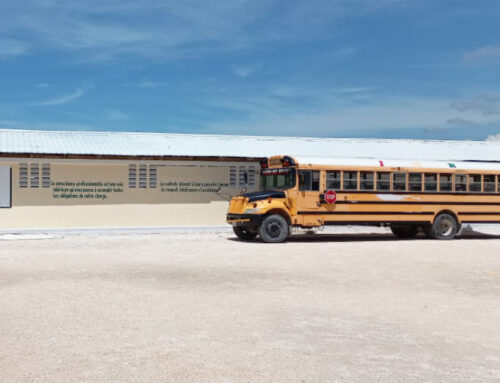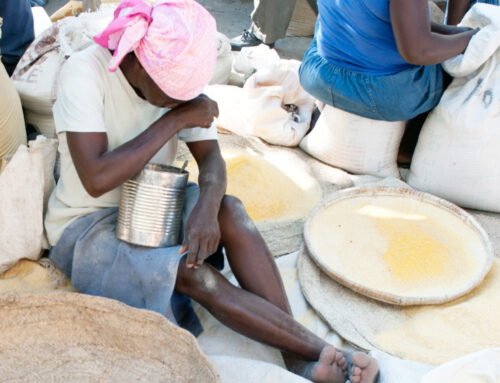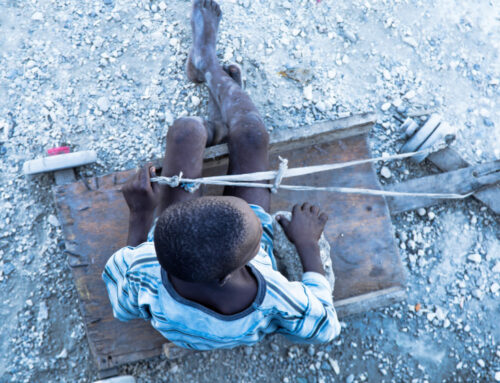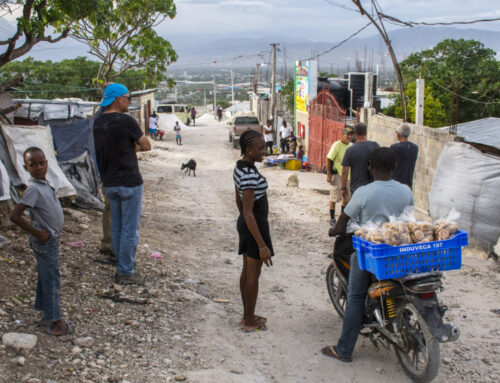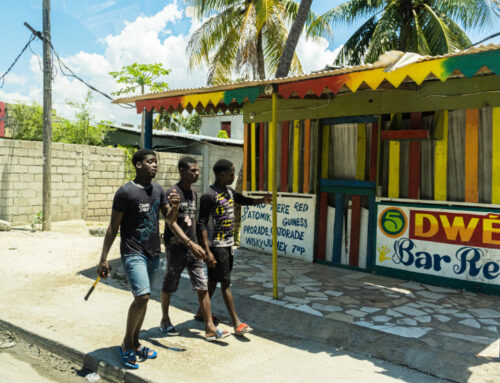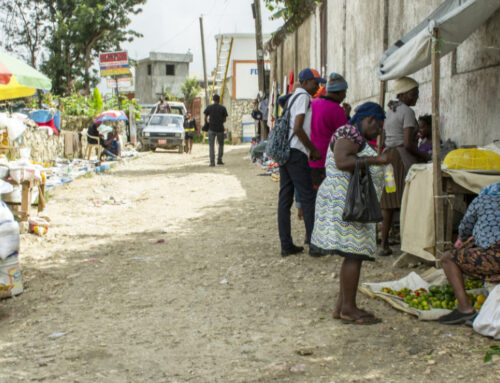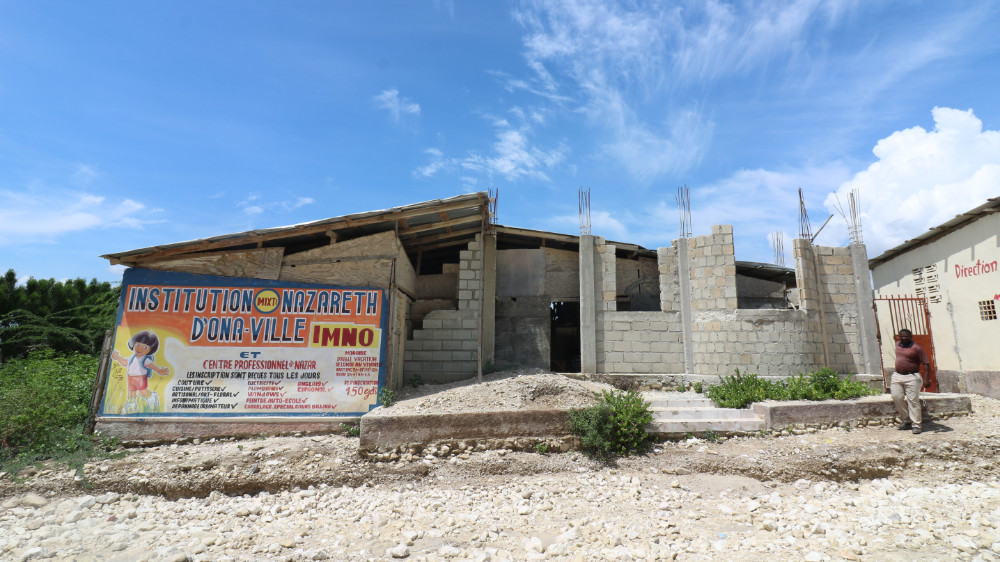
Between 2010 and 2020, Haiti’s religious climate saw a dramatic shift. Before the 2010 earthquake, polls showed about eighty percent of people in Port-au-Prince identified as Catholic, and less than twenty percent attended evangelical churches. Ten years later, the numbers were split at fifty percent for each category. We witnessed some of those personal changes firsthand in our Mercy Network churches. People often came with testimonies of misdirected worship that had been arrested and refocused on Christ, by God’s grace.
“We did our sacrifices; we paid the spirits; we paid the Voudou priests to protect us. Then the earthquake happened, and all of our gods had no power. We needed to find something with more power.”
That’s when they would come to Jesus. We held frequent pastors conferences over those years, because the culture had instilled some widespread and deeply held errors in people’s thoughts of God. Many believed God was the reason for the earthquake—that God was angry with them and sent it as a punishment. Among other things, this highlighted some theological issues that we worked to unravel in our pastoral training.
It became clear that Haitian Christian culture was very much like Voudou or African culture, in that it was transactional. It centered on pleasing God through works. If you didn’t, you made Him angry, which is a self-focused way of thinking about God. We worked to show how God’s relationship with us is all about Him, not about us; He is good and kind and merciful in reaching out to us, sinners, and we aren’t the reason we have communion with Him at all. Our actions would keep us from Him, but He looks at the works of Christ instead. We stand on Christ’s obedience, and that is a message of hope, not fear.
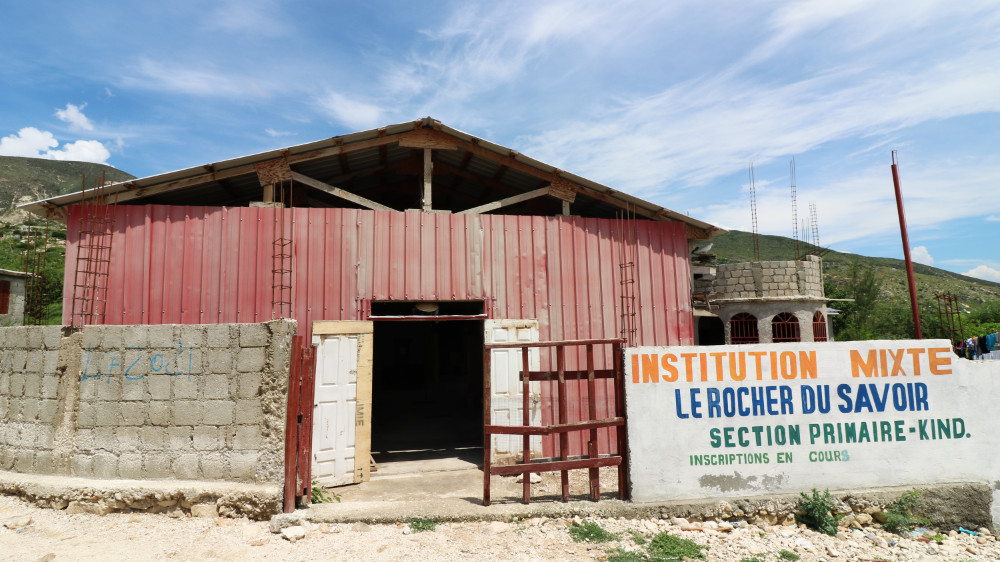
The early pastors conferences looked like a whiteboard session featuring a large T column chart. Haitian culture on one side, biblical mandates on the other. In Haiti, pastors are authority figures, not servants. This led us to reexamine the teachings of Jesus. He comes as an authority, yes, but what were His actions toward His people? He served; He washed their feet, He reached out to them in their weakness, and He sacrificed His life for them in love. This concept of relating to your congregation through love and servanthood was a new one for them. Most Haitian Christian churches have a platform where the pastor preaches, but it is also where he sits throughout the early parts of the Sunday service, looking out at the congregation from a large chair. One Sunday, Pastor Poyis decided to just sit with the people. He said the impact of that step was amazing.
“Since I’ve been sitting with the people, they come up to me and say they’re praying for me. They’ve never prayed for me before.”
When he was the authority figure, they didn’t feel a need to intercede on his behalf, but once he came down among them, they related to him. They were compassionate toward him and began to ask God to help, strengthen, and guide him.
One seminary in the US discovered that after twenty years of teaching in a third-world country, what they had done was just add good theology on top of bad indigenous theology. When it came down to it, the people they were teaching would revert to culture rather than what they’d been taught. Syncretistic religions allow for contradictory propositions to be true simultaneously, which means the first step must be correcting errors before introducing good theology. You have to undo the cultural preconceptions before laying the foundations of a biblical worldview. God does the rest, through the power of His Word.
To learn how you can be praying with us for the ministry in Haiti, visit Prayer Requests.
Share This Story!
Join Our Email List!
Get our blogs delivered directly in your email, don’t miss an opportunity to read about our mission to save children and bringing the Gospel to Haiti.

